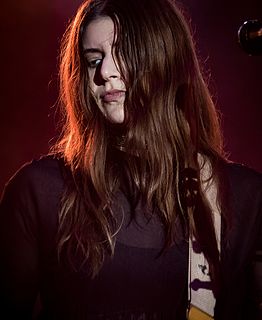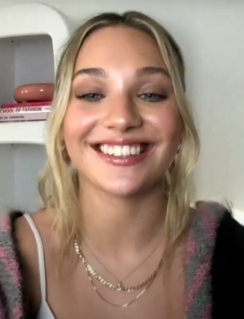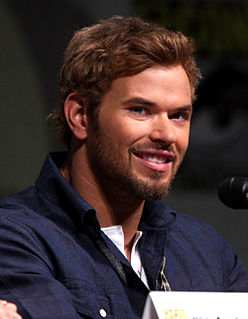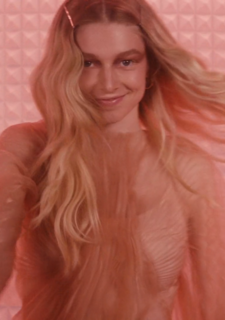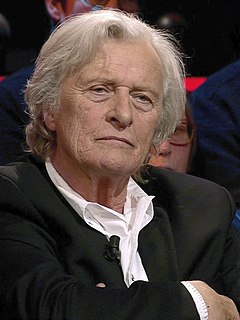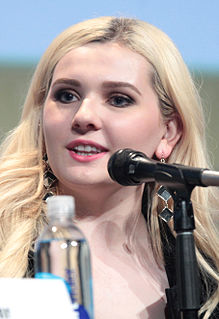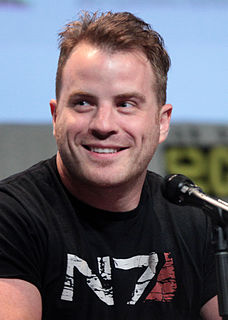A Quote by Julia Stiles
I like a director who is very observant and is watching what I'm doing and noticing what I'm doing, but is giving me time to figure it out. They don't jump right in and give you a note before you've had time to really search on your own with how to do a scene.
Related Quotes
I like a director who is very observant and is watching what I'm doing and noticing what I'm doing but is giving me time to figure it out. They don't jump right in and give you a note before you've had time to really search on your own with how to do a scene. I like a director that encourages me to be playful.
I was very combative as a creative person at that time [while The Ben Stiller Show]. I didn't understand how to play politics with the studios. I didn't know how to creatively collaborate with the people who were paying the bills, and that came up all the time on every project I was doing, and it took me a really long time to figure out how to collaborate in a healthy way.
It's really cool to see how many awesome, badass ladies are out there now just doing their thing and putting their foot down, saying, "Nope. You're not going to tell me I'm doing something women shouldn't be doing." It's a scary time but also I think a really important time. I'm happy to see how much girls are responding to a lot of the other powerful big boys swimming out there right now.
It's interesting for me to do the commentary with the actors because, as a director, you're so in your own world that you see it from your perspective, your issues and what you were trying to do, and then it's really very fun to hear their perspective on how it was to do a particular scene or how they felt, and sometimes, I didn't even know that, at the time.
Bill [Condon] is such a great actor's director. He cares about what you're thinking. And, he's very open. Even though he was pressed for time, and he was doing two movies at once, and all this stuff was happening around him, he would still take time to sit there and talk to you about your scene and your character and what you were going through. That was really a treat.
I guess for me, balance isn't about treating your time like a pie chart and dividing it into equally sized slices for you, the kids, work, and so on. It's about the quality of how you spend your time, not the quantity--are you being present and focused on whatever you're doing while you're doing it? I truly believe that's how you can be the best version of yourself, whether you're in work mode, mom mode, or wife mode. When I know I'm giving my undivided attention in each of these areas, I don't feel so guilty about the time spent away from them.
It doesn't matter who's directing, or who's doing the movie; there are a ton of things that can go wrong, and they do all the time. So you just have to figure out how to get through it, and then how the director finally puts it together, and then see what the audience takes from it. That's the most important thing to me.
It's never really fun to have to cry in a scene, or anything like that. I just try to put myself in the characters position, and that helps. It's never really fun, but at the same time, if you're having a really bad day, it's a great way to get out all of your frustration by doing a really angry or sad scene. That's always a good release.
I had started doing small community theater shows in my hometown of Cleveland. I did a lot of shows there before I met this director who told me, 'Listen, I really think you could be on Broadway.' And I was like, 'No, that's crazy.' I didn't believe it... I was 9, maybe 8 years old at the time, and I was like, 'No. No way.'



